
This post was originally published on Michael West.

This post was originally published on Michael West.

This post was originally published on Michael West.

This post was originally published on Michael West.

This post was originally published on Michael West.

This post was originally published on Michael West.

This post was originally published on Michael West.
The first time I took an interest in a Federal Government Budget was 77 years ago when I had to write an essay about it at High School in Toowoomba. I knew so little about Budgets of any kind that I barely scraped a pass. Since then, I must report that I have never ever …
Continue reading JIM CHALMERS BUDGET – WHAT IS YOUR JUDGEMENT?
The post JIM CHALMERS BUDGET – WHAT IS YOUR JUDGEMENT? appeared first on Everald Compton.
This post was originally published on My Articles – Everald Compton.

This post was originally published on Michael West.
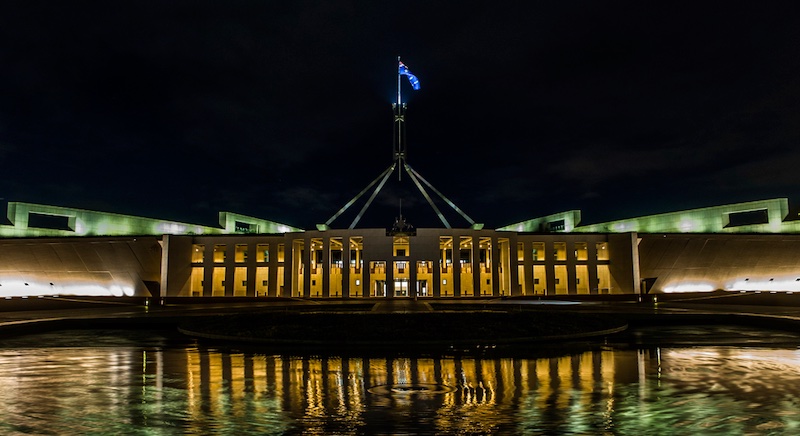
This post was originally published on Michael West.

This post was originally published on Michael West.
Life is tougher at this point in time than it usually is. There are many reasons for this, but four stand out as cornerstones of perils that impact our lives. First of all, we have COVID. It hit us without warning and dominated our lives for two years. We had no previous experience upon which …
Continue reading COVID, UKRAINE, INFLATION, FLOODS
The post COVID, UKRAINE, INFLATION, FLOODS appeared first on Everald Compton.
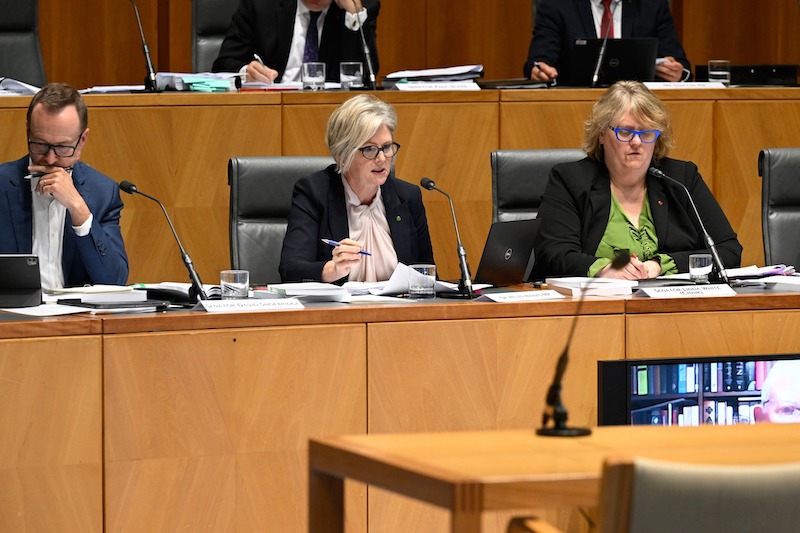
Christian Porter’s blind trust, Barnaby Joyce’s $32,000 a day expenses as Drought Envoy, Angus Taylor’s Cayman Islands intrigue, Bridget McKenzie’s Sports Rorts, Scott Morrison’s suite of secret ministries, the Leppington Triangle Affair, tens of billions blown to smithereens in Defence spending. What will we get to see from a Federal ICAC, the National Anti-Corruption Commission (NACC)?
The federal government’s $20 billion Rewiring the Nation initiative, a longstanding Labor election commitment, has kicked off with around $7 billion in support for transmission infrastructure across Tasmania and Victoria. Together with the Tasmanian and Victorian governments, the Commonwealth will fund the $3.8 billion 1500MW Marinus Link, a two-way electricity and telecommunications connection between the…
The post Rewiring the Nation: Vic, Tas first to benefit from $20bn plan appeared first on InnovationAus.com.
This post was originally published on InnovationAus.com.

This post was originally published on Michael West.
Industry Minister Ed Husic has been handed two additional policy priorities following a reallocation of executive responsibilities among ministers through an Administrative Arrangements Order. Responsibility for food and beverage processing industry policy has been shifted from the Department of Agriculture, Fisheries, and Forestry to Mr Husic’s Industry, Science, Resources portfolio. Further, the Industry portfolio has…
The post Food processing and supply chain resilience added to Industry portfolio appeared first on InnovationAus.com.

This post was originally published on Michael West.
It is the finest speech I have ever heard in an Australian Parliament. Julia Gillard is not a naturally gifted public speaker, mainly because she is formal and responsible in her manner of making a speech. But on this day of 9 October, 2012 she was on fire as she let loose on Opposition Leader, …
Continue reading JULIA’S MISOGYNY SPEECH, 10 YEARS ON.
The post JULIA’S MISOGYNY SPEECH, 10 YEARS ON. appeared first on Everald Compton.
This post was originally published on My Articles – Everald Compton.
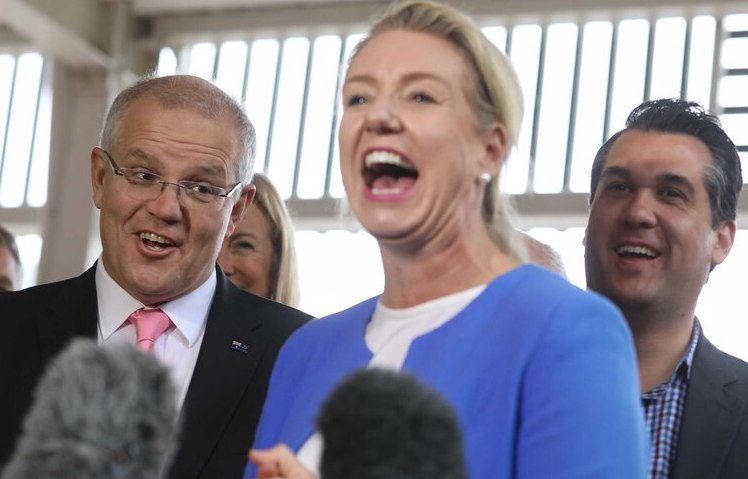
This post was originally published on Michael West.
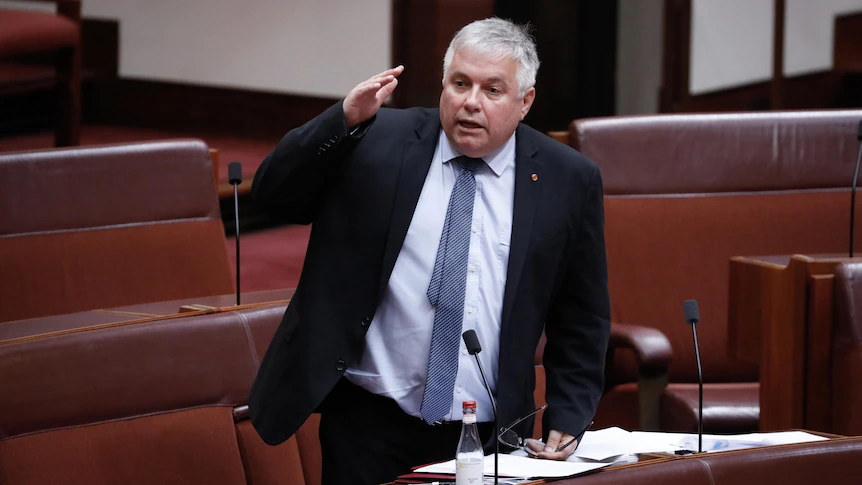
This post was originally published on Michael West.

This post was originally published on Michael West.

This post was originally published on Michael West.

This post was originally published on Michael West.

This post was originally published on Michael West.
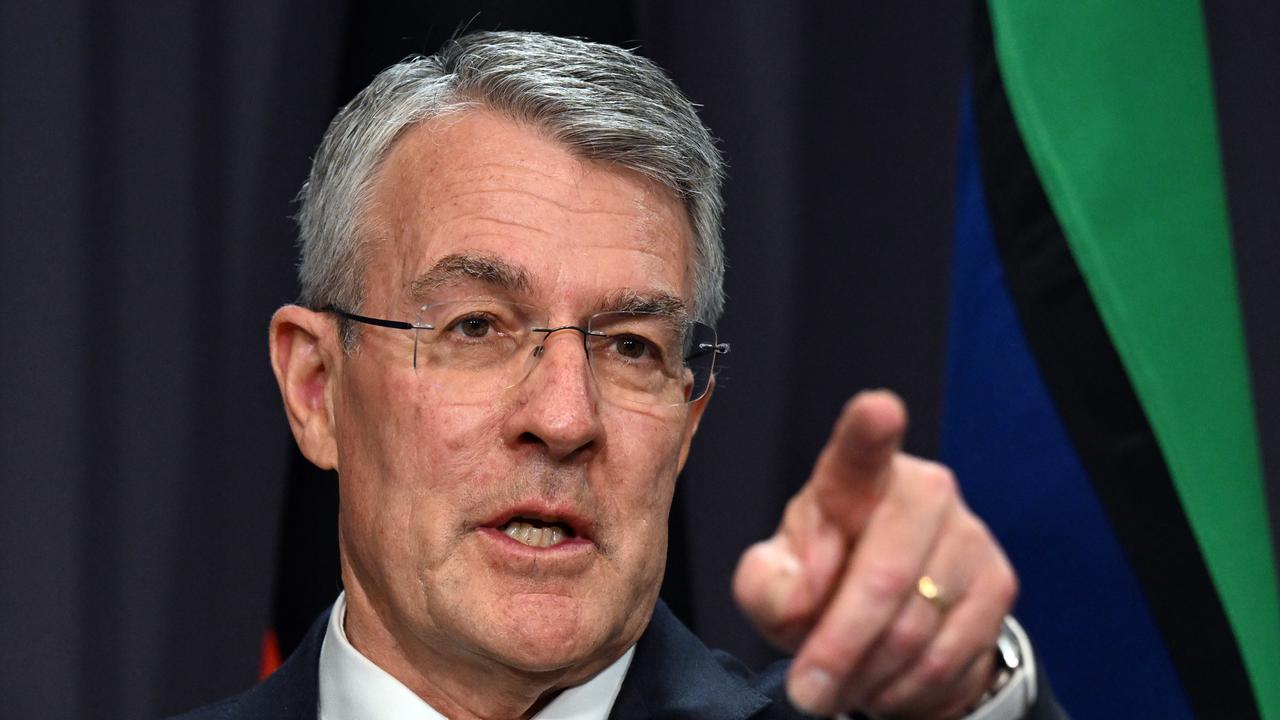
This post was originally published on Michael West.

This post was originally published on Michael West.

This post was originally published on Michael West.
I have never become a member of a political party and never will as this could have the capacity to lead me to life as a one eyed citizen locked in to an ideology that requires a closed mind. This confirms that I have been a swinging voter all my life during which I have …
Continue reading TAX CUTS ARE A WELFARE HANDOUT TO THE NEEDY WEALTHY.
The post TAX CUTS ARE A WELFARE HANDOUT TO THE NEEDY WEALTHY. appeared first on Everald Compton.
This post was originally published on My Articles – Everald Compton.

This post was originally published on Michael West.